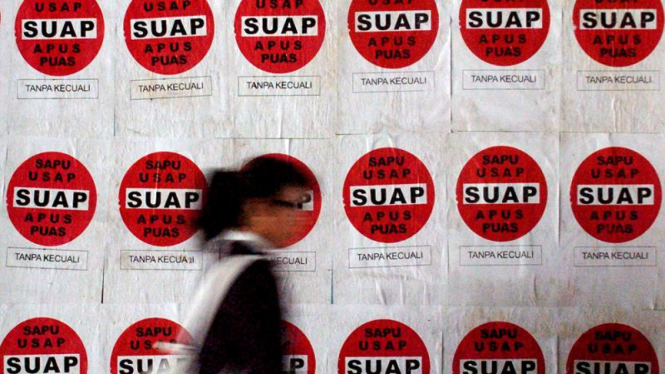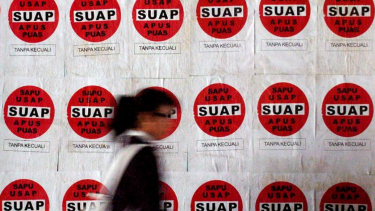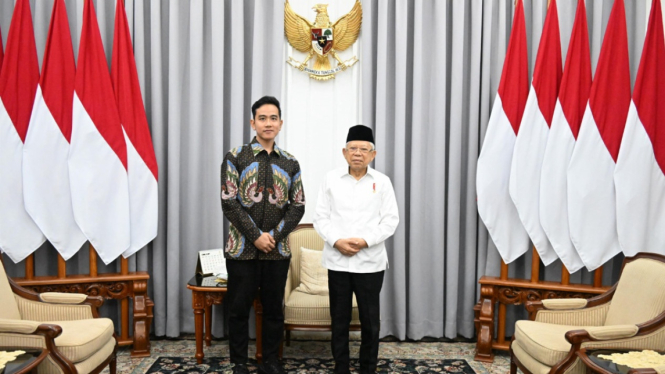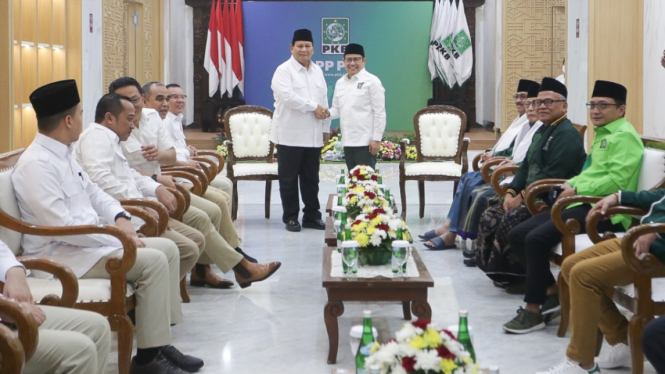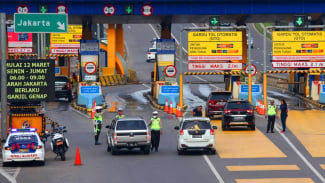- ANTARA/Rosa Panggabean
VIVAnews - The Indonesian Corruption Watch (ICW) urged the Anti-graft Commission (KPK) and the Law Mafia Eradication Task Force to probe into an alleged corruption case in East Nusa Tenggara (NTT).
“[Corruption] is the one that has destroyed NTT,” ICW Coordinator Danang Widoyoko said in Jakarta on Sunday, May 9.
The International Director for NGO Forum on Indonesian Development Don K Marut said out of 105 corruption cases, only 18 of them were brought to court.
“KPK and the Law Mafia Eradication Task Force haven’t stepped into NTT. Hopefully it would be able to get to officials in Jakarta,” he said.
Meanwhile, Widoyoko assumed it is the corruption allegation that puts NTT in the 31st position in the list of 33 provinces with the highest level of prosperity.
Marut said there were three parties responsible for the downfall, which are the bureaucracy, the authorities and the contractors.
The bureaucracy and the authorities were said to be having worked together with the contractors for personal gain. “Regional projects were later hampered because all they could think about is themselves,” he said.
According to him, one of the indications is the high infant mortality rate in the province. “If Indonesia wants to lower the rate, they should start from NTT”.
The mortality rate in NTT has reached 31 for every a thousand deliveries. The number is higher than the national average rate of 27 for every a thousand births.
The data obtained by the Indonesian Budget Center (IBC) shows the Provincial Budget of NTT was not used for goods and public services-related activities.
“Fifty-nine percent of the budget was spent on things that are irrelevant to goods and public services program,” IBC Director Roy Salam said.
Meantime, the total amount of the provincial budget reaches Rp 8.2 trillion while program expenses were only 41 percent or Rp 3.45 trillion.
“It’s funny that although several regencies are relatively poor, more than 60 percent of the budget was spent on indirect spending,” Salam said.
Fifty-two percent of the budget was used for state facilities or bureaucracy funding while 18.4 percent was taken as development capital fund.
The remaining amount of 18.4 percent was spent on goods and services, donations and social activities (5.4 percent) and financial assistance (6 percent).
The data also reveals that regional dependency to the central government remains high.
“Fiscal-supporting equalization funds are between 63 and 97 percent,” Salam said. For the record, the real local income is only 3 to 18 percent.
--
Translated by: Nataya Ermanti


